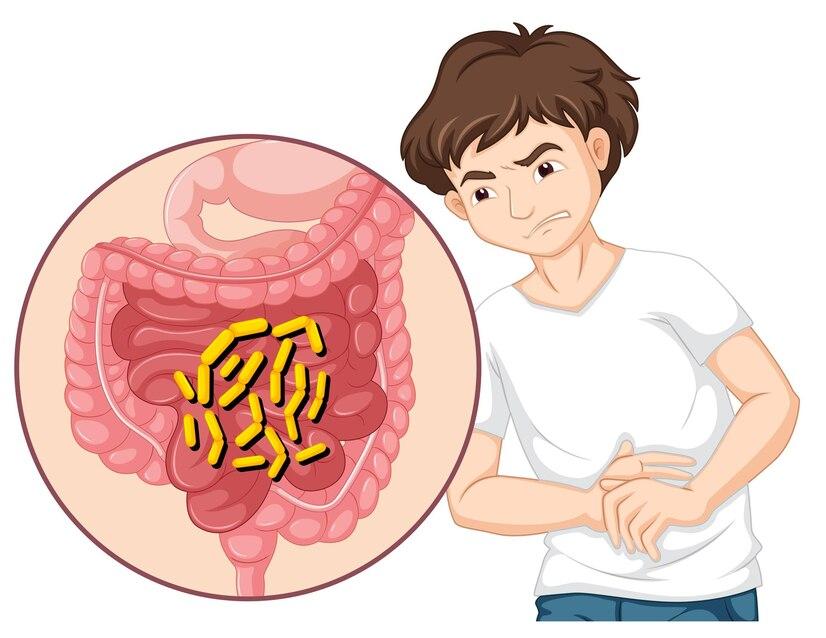Parasitic worm infections are a widespread health problem affecting millions of people worldwide, particularly in regions with limited sanitation and clean water access. These infections, caused by various helminths such as tapeworms, flukes, and schistosomes, can lead to significant health complications if untreated. Among the most effective and widely used medications for treating such infections is Praziquantel 600 Mg Tablet, a trusted anthelmintic that has been included in the World Health Organization’s list of essential medicines. Its effectiveness, safety profile, and broad spectrum of activity make it a vital tool in combating parasitic diseases.
What is Praziquantel 600 mg?
Praziquantel Tablet is an anthelmintic (anti-worm) medication primarily used to treat infections caused by trematodes (flukes) and cestodes (tapeworms). The 600 mg tablet is a commonly prescribed dosage strength, designed to provide effective treatment for both adults and children depending on body weight. It is available under various brand names globally and is often used in large-scale deworming programs due to its proven results.
How Does Praziquantel Work?
Praziquantel works by interfering with the calcium ion balance in parasitic worms. When taken, it increases the permeability of worm cell membranes to calcium, leading to muscle contractions, paralysis, and eventually death of the parasite. The dead worms are then naturally expelled from the body through the stool. This mode of action makes it highly effective against a wide range of helminths, particularly schistosomes (blood flukes) and intestinal tapeworms.
Conditions Treated by Praziquantel 600 mg
Praziquantel is prescribed to treat several parasitic infections, including:
Schistosomiasis – Caused by blood flukes (Schistosoma species). Symptoms may include abdominal pain, diarrhea, blood in stool or urine, and long-term organ damage.
Tapeworm Infections – Such as those caused by Taenia saginata (beef tapeworm), Taenia solium (pork tapeworm), and Diphyllobothrium latum (fish tapeworm).
Clonorchiasis and Opisthorchiasis – Liver fluke infections caused by consuming raw or undercooked freshwater fish.
Paragonimiasis – Lung fluke infections acquired through eating undercooked crustaceans.
Neurocysticercosis – Infections caused by Taenia solium larvae in the brain, though this condition may require a combination of Praziquantel with other drugs like Albendazole.
Dosage and Administration
The dosage of Praziquantel 600 mg depends on the type of infection, severity, and patient weight. Typically:
For Schistosomiasis: A total daily dose of 40 mg/kg, divided into two doses taken the same day.
For Tapeworm Infections: 5–10 mg/kg as a single dose.
For Fluke Infections: Around 25 mg/kg taken three times in one day.
The tablets should be swallowed whole with water, preferably during meals to improve absorption. Patients must always follow medical guidance, as incorrect use may reduce effectiveness or increase the risk of side effects.
Benefits of Praziquantel 600 mg
Broad-spectrum activity – Effective against many parasitic worms.
High efficacy – Provides rapid parasite clearance with minimal doses.
Well tolerated – Most patients experience only mild side effects.
Global availability – Widely used in both developed and developing countries.
Supports public health – Plays a major role in mass deworming campaigns worldwide.
Possible Side Effects
Praziquantel is generally well tolerated, but like any medication, it may cause side effects in some patients. Common side effects include:
Headache
Dizziness
Abdominal pain
Fatigue
Nausea or vomiting
These side effects are usually mild and temporary. Rarely, more serious reactions may occur, especially in cases of heavy infection when dying parasites release toxins in the body. In such cases, patients should seek medical attention.
Precautions and Considerations
Pregnant and breastfeeding women should use Praziquantel only if prescribed by a doctor.
Liver impairment may affect drug metabolism; dose adjustments might be necessary.
Drug interactions: Certain medications, such as rifampicin, can reduce Praziquantel’s effectiveness.
Patients should avoid driving or operating heavy machinery immediately after taking the drug, as dizziness may occur.
Conclusion
Praziquantel 600 mg remains one of the most important medications in global health, particularly in the fight against worm infections. Its effectiveness against schistosomiasis, tapeworms, and fluke infections has made it indispensable in both individual treatment and large-scale control programs. While mild side effects may occur, its benefits far outweigh the risks, ensuring relief for millions of patients worldwide. With continued access and proper use, Praziquantel plays a crucial role in reducing the burden of parasitic diseases and improving overall public health.
